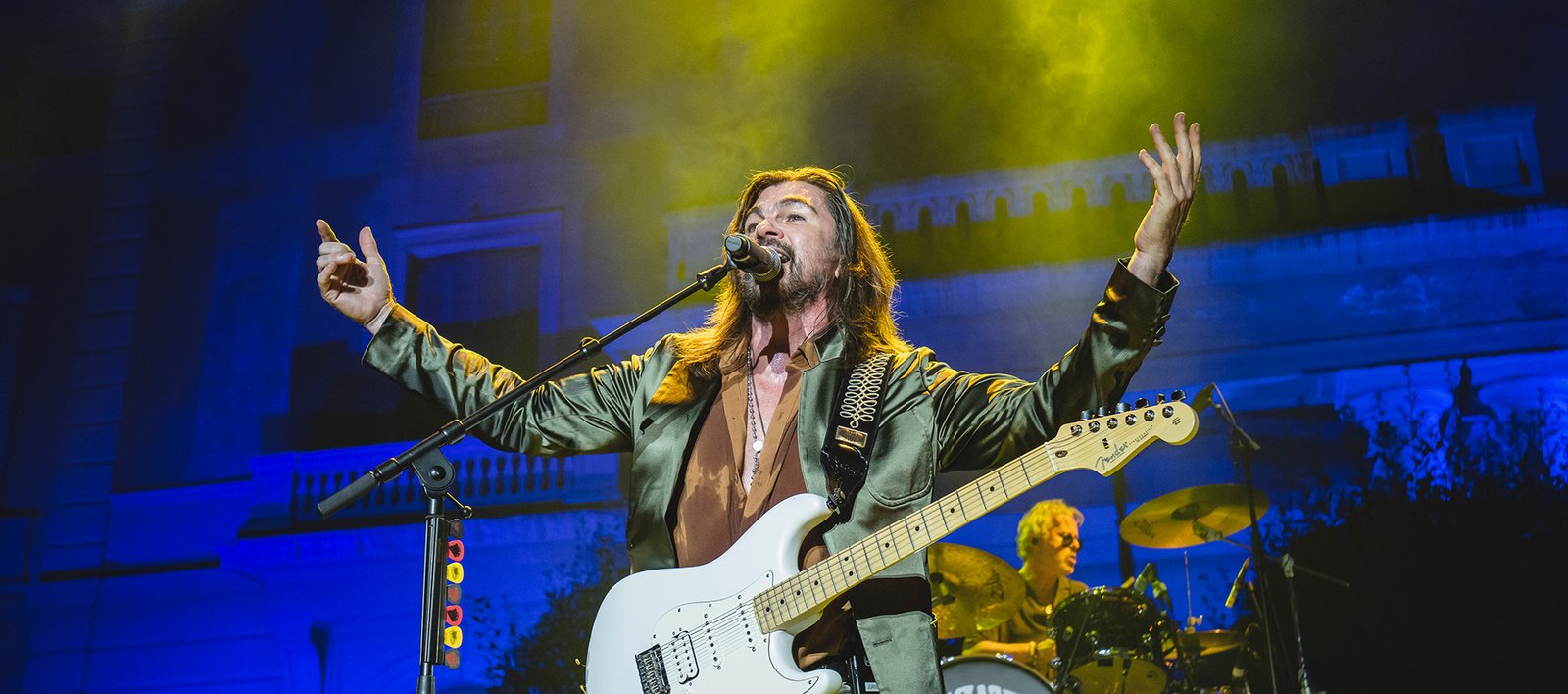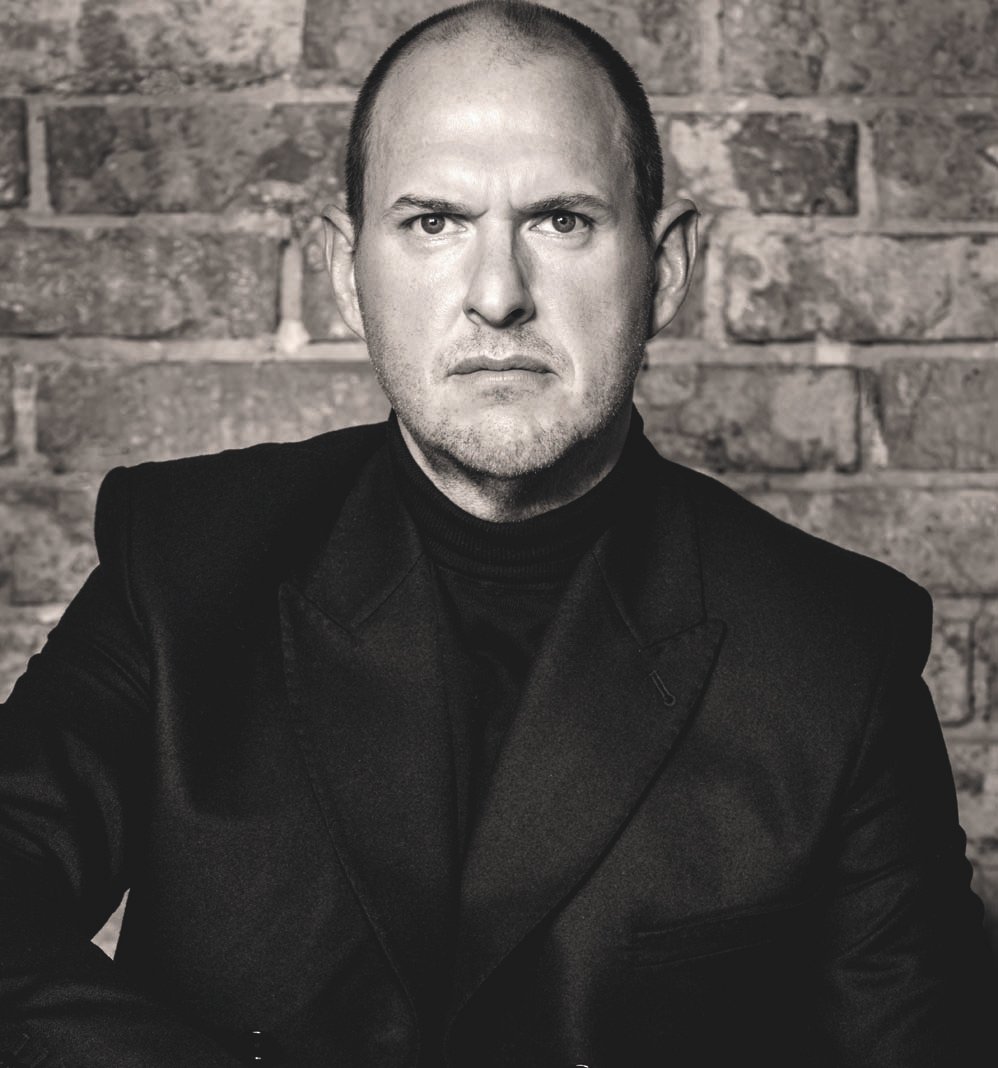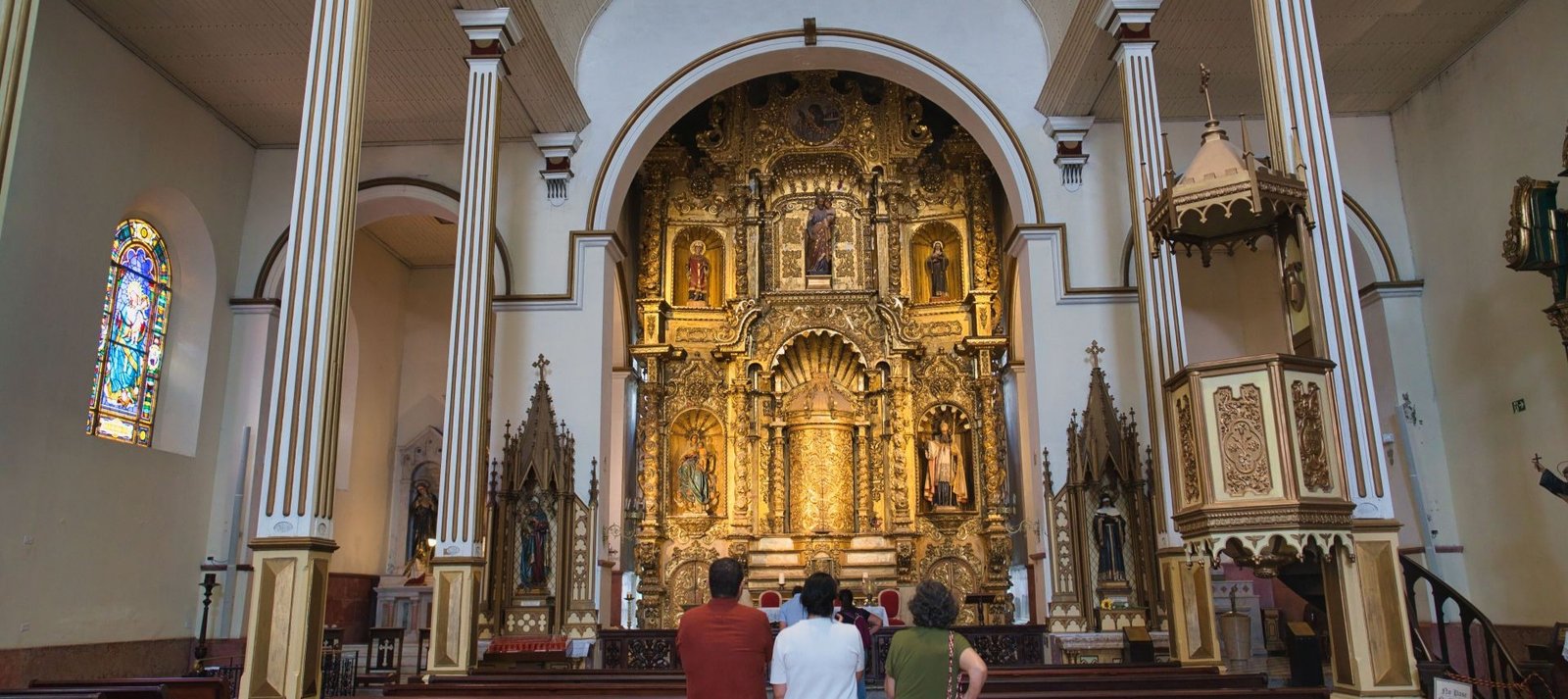
Juanes, Rock-n-Roll Spirit
Colombian singer Juanes and his biographer, Diego Londoño, were the stars of the recent Hay Festival in Cartagena, where they launched the book Juanes by Diego Londoño: 1.577.836.800 Seconds. The event gave us a chance to chat with the artist about his past.
By Daniel Domínguez Z.
Photos: Getty Images
Music was always present in the Medellín family home of Juan Esteban Aristizábal Vásquez. The six siblings (especially the four boys) sang and played the guitar day and night. They starred in school assemblies and even at masses, with a repertoire that included boleros by Los Panchos and Lucho Gatica, rancheras by Jorge Negrete, tangos by Carlos Gardel, pasillos by Julio Jaramillo, and traditional Colombian music (guasca, carrilera, vallenato…). They were a kind of South American Jackson Five or, if you will, the Paisa (as Medellín natives are known) version of The Partridge Family.
“From a very young age, music seemed the clearest way for me to relate to the universe,” notes Juanes. “And my dad used to whistle from the time he got up.” Brothers Juan, Javier, José, and Jaime played old-time music and the music of Carlos Gardel. “Music was always present,” he confirms.
The musician from Antioquia confessed that he experienced a number of decisive moments in his harmonious life on his way to becoming “Juanes.” The first of these occurred on April 8, 1981, when he attended his first concert: Los Visconti, at the Pablo Tobón Uribe Theater. Other milestones included listening to Black Sabbath’s heavy metal album, Sabotage,in its entirety; attending a concert by the Colombian band Kraken at Las Torres de Bomboná, which he considered his rock baptism; buying his first guitar, a Morris Hurricane Stella with electrical problems that he didn’t even know how to use; and being part of the thrash metal band Ekhymosis, with whom he played his first concert as a musician on March 19, 1988. Then came the first time he heard one of his compositions on the radio. His career had taken off.

Youthful Sounds
But it all started long before, at the age of ten or twelve, when he had a revelation. “I was playing the guitar in the living room and I suddenly felt that the instrument was a projection of my soul. And even today, I make my decisions based on the guitar; with it I express what I feel: the goodness, the light, the dark… I write on the guitar.” Back then, Juanes wrote his songs by ear, because he didn’t know how to read sheet music.
We ask, still wondering: How was it that one day you abandoned everything —your family, your girlfriend, and a university degree in Industrial Design– to go to the United States?
“I was a metalhead in Medellín in the 80s, when young people were being killed and bombs were exploding. In music, we found a way out of the violence in a very difficult city.” Ekhymosis broke up. It was 1996 and Juanes decided to sell everything he had (guitar, amplifier, computer, motorcycle). He raised US$3,000 and packed his records, books, and dreams in an orange suitcase that stayed with him from one motel to another in Miami, New York, and Los Angeles. He didn’t speak a word of English, but his heart was filled with the sounds of Bob Marley, The Beatles, AC/DC, Yes, Fito Páez, Prince, Kiss, Bruce Springsteen, Soda Stereo, Nirvana, Van Halen, Queen, Metallica…

“After three years, during which nothing happened, I was ready to throw in the towel, but my mother said: ‘Stay there, don’t worry, keep going’,” he tells us today. Just as things got desperate, his money was running out, and his dreams of success were about to vanish, he got a providential call from Argentine Gustavo Santaolalla, producer of Los Prisioneros, Molotov, Julieta Venegas, Jorge Drexler, and others. And he got signed. The boy from Medellín took “Juanes” as his stage name and, in 2000, recorded his debut album Fíjate bien with Surco, a division of Universal Music. Other albums followed, including Un día normal (2002), Mi sangre (2004), La vida es un ratico (2007), P.A.R.C.E. (2010), and Juanes MTV Unplugged (2012).
Juanes went on to talk about his creative process, which he calls “chaotic.” “I never know how a song will come out, they just come out. There’s a lot of dedication, thinking with the guitar, delving into my emotions. You have to wait, search. It takes a lot of discipline to search for words and melodies. Then comes the recording studio, where you’re forced to make decisions about a number of things, every other second. And even so, when I hear the songs on the radio, I still think to myself, ‘I should have done this or that’.”
Uncertainty
So many rehearsals, records, shows, applause, interviews, autographs, and trips, one after the other, from one side of the world to the other, resulted in an emotional and mental breakdown. And because he saw so little of his family, his wife, Colombian model and presenter Karen Cecilia, asked for distance: she cared for their children, Paloma and Luna (Dante would come after the couple’s reconciliation), while he concentrated on his career.
This lasted until Juanes felt the need for a break. At a high commercial cost and with other repercussions linked to his reputation, he took a sabbatical. He was tired of being Juanes. He couldn’t stand seeing himself on screens and magazines. His manager at the time couldn’t understand it, but he needed the pause in order to come back with more energy. “After that, I decided to make the music that I wanted to make, not whatever was fashionable. Today, I feel artistically complete and happy with the way my career is going.”
The long-haired man in black, master of decibels, with seven tattoos, admits that following that storm he discovered a secret: his peace of mind requires being with his family as much as possible, and remaining true to his fans.
Today, the Colombian star shares with us his pre-performance ritual: he eats frugally (salmon, salad, sushi), exercises a lot (jogs and jump rope), and rehearses until everything is perfect. Oh, and he always carries the Virgin Mary medallion that his mother gave him.
Even so, he suffers from stage fright. Minutes before facing his audience he wonders nervously: “How did I get myself into this? What am I doing here?” It doesn’t last long and a few seconds later he’s enjoying the experience, just like the boy from Ekhymosis who, at the end of his concerts, would climb down from the stage to sell his records.




Leave a Reply